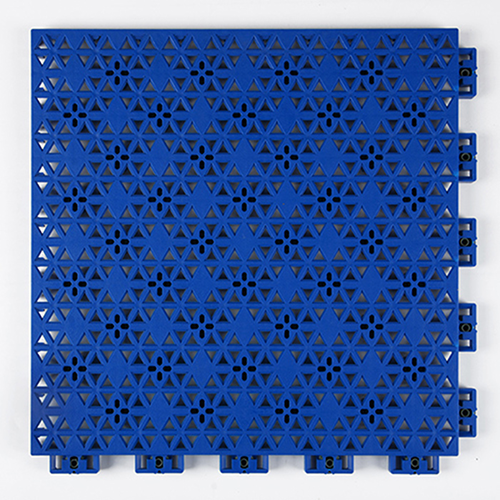1 月 . 28, 2025 03:16 Back to list
different types of interlocking tiles
Interlocking tiles have carved out a significant niche in the landscape of modern design and construction due to their versatility, durability, and aesthetic appeal. They come in a variety of materials and designs, each serving different functions and providing diverse stylistic options. Professionals in the field can greatly enhance their projects by understanding the different types of interlocking tiles available.
In an age where sustainability is paramount, eco-friendly interlocking tiles have emerged as a pivotal choice. These can be made from recycled materials or sustainable resources like bamboo. Eco-friendly tiles cater to environmentally conscious consumers, offering durability while significantly reducing environmental impact. They are suitable for both indoor and outdoor use, allowing for sustainable living without compromising on aesthetic or functional aspects. Ceramic and porcelain interlocking tiles provide an elegant solution for both floor and wall applications. Available in a myriad of designs and finishes, these tiles are particularly popular in kitchens and bathrooms due to their resistance to moisture and ease of cleaning. Their versatility extends to countless artistic expressions, from intricate mosaics to clean, modern lines, allowing almost limitless design opportunities. The choice of interlocking tiles should not solely be driven by aesthetic preferences. It is crucial to consider the specific needs of the environment, the expected foot traffic, exposure to weather conditions, and the maintenance capabilities. An informed selection process contributes to the longevity and performance of the tiles, ensuring they meet both functional and aesthetic requirements. Engaging an expert in interlocking tile installations can provide invaluable guidance. They bring a wealth of knowledge about specific products and can recommend optimal solutions tailored to project parameters. Their expertise ensures that installations are completed to the highest standards, maximizing the value and lifespan of the tiles. In the world of design and construction, the right types of interlocking tiles can transform a space, imparting functionality, elegance, and character. Each material offers unique benefits and opportunities for innovation. Therefore, understanding the diverse options available is key to harnessing the full potential of interlocking tiles for any project.


In an age where sustainability is paramount, eco-friendly interlocking tiles have emerged as a pivotal choice. These can be made from recycled materials or sustainable resources like bamboo. Eco-friendly tiles cater to environmentally conscious consumers, offering durability while significantly reducing environmental impact. They are suitable for both indoor and outdoor use, allowing for sustainable living without compromising on aesthetic or functional aspects. Ceramic and porcelain interlocking tiles provide an elegant solution for both floor and wall applications. Available in a myriad of designs and finishes, these tiles are particularly popular in kitchens and bathrooms due to their resistance to moisture and ease of cleaning. Their versatility extends to countless artistic expressions, from intricate mosaics to clean, modern lines, allowing almost limitless design opportunities. The choice of interlocking tiles should not solely be driven by aesthetic preferences. It is crucial to consider the specific needs of the environment, the expected foot traffic, exposure to weather conditions, and the maintenance capabilities. An informed selection process contributes to the longevity and performance of the tiles, ensuring they meet both functional and aesthetic requirements. Engaging an expert in interlocking tile installations can provide invaluable guidance. They bring a wealth of knowledge about specific products and can recommend optimal solutions tailored to project parameters. Their expertise ensures that installations are completed to the highest standards, maximizing the value and lifespan of the tiles. In the world of design and construction, the right types of interlocking tiles can transform a space, imparting functionality, elegance, and character. Each material offers unique benefits and opportunities for innovation. Therefore, understanding the diverse options available is key to harnessing the full potential of interlocking tiles for any project.
Share:
Next:
Latest news
-
Custom Pickleball Court Solutions Convert Tennis & Indoor Builds
NewsMay.30,2025
-
Outdoor Pickleball Court Costs Build & Install Pricing Guide
NewsMay.30,2025
-
Premium Pickleball Sports Courts Custom Design & Installation
NewsMay.30,2025
-
Indoor Pickleball Courts Tennis Court Conversion & Custom Builds Tempe
NewsMay.29,2025
-
Professional Pickleball Court Installation & Tennis Court Conversions
NewsMay.29,2025
-
Grey Synthetic surface-rubber prefabricated track
NewsMar.07,2025

